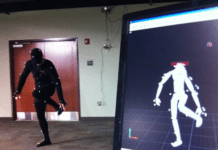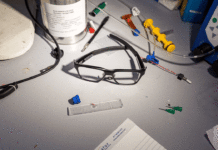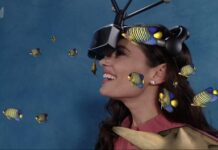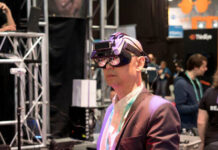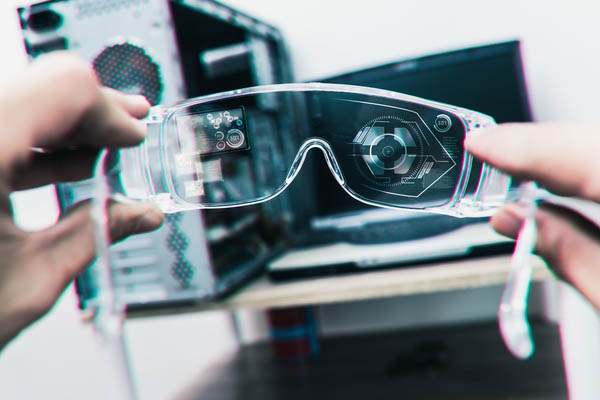
One of the most innovative companies currently exploring VR/AR technology is Phoria, an Australian startup looking to expand the reach of mixed reality technologies. Starting as a real-estate app, it soon set its sights to larger environments. Now Phoria creates VR/AR experiences for some of the most notable companies & industries in Australia. The company recently partnered with Netflix along with The World Wildlife Fund to create a VR experience based on the Our Planet documentary, voiced by David Attenborough. The man behind it all is known as Trent Clews-De Castella.
According to Trent, the reason why he got into the VR/AR experiences is to reduce the stress & mental pressures people often carry with them. He believes that through storytelling and the experiences that the company created, people can open up to be able to take the first step to psychological improvement. He also mentioned that the Our Planet-project might not convince all people to stop using plastic straws but with the AR/VR learning material, it is a start. He says that it empowers people and motivates them to make a difference.

He states that the recent changes in technology have made it possible for the company to improve its equipment. He mentions that it is useful for them to lower the price, to use smaller and lighter equipment. This offers a more immersive experience. He says that the use of QR codes has made it easier for phones to not only recognize the code but also the environment. He says that cloud anchors have become useful as well. This means that different people in different areas can look at the same AR or VR image from wherever they are. It opens up several possibilities for co-creation.
When asked about the storytelling medium that AR/VR are becoming, Trent stated that they focus on a mental & physical experience. They try to make the experience so vivid that the mind tricks the body into thinking that it is happening. He mentions that people even reach out to try to feel the things that they are seeing in front of them. He says that this experience allows them to emphasize the message or the effect that they are trying to create with the story.
Trent believes that the technology will only improve in the next 10 years. Companies are already experimenting with different features. He says that in the future people might wear smart glasses then simply look at something, ask what it is, and information will seamlessly pop-up next to it. He says that in the future smart glasses will be able to be customized in such a way that the user is not going to be exploited. We will have complete control over what we do. He also hopes that it helps people to connect, do our jobs efficiently, and improve overall communication.





